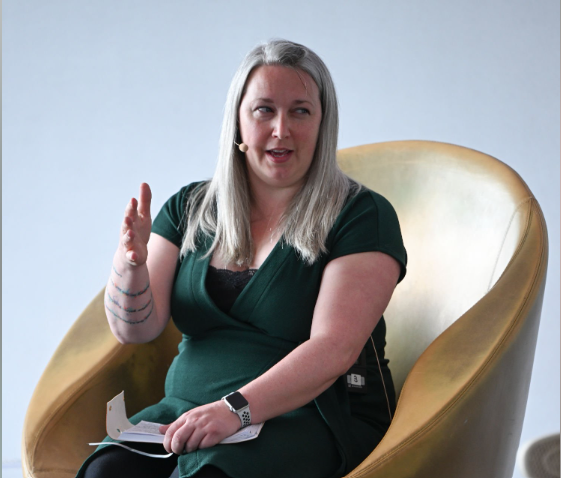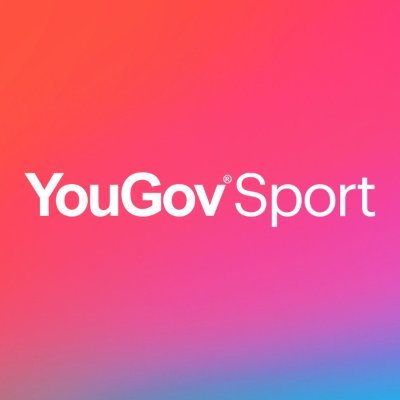
Dr Sarah Melville

Company Name:
YouGov Sport
Role Within the Company:
Global Head of Sport Research & Media
Years Working in the Industry:
14
How did you first break into the industry?
In 2007, I began a PhD sponsored by the Youth Sport Trust, aiming to evaluate the impact of their School Games initiative. Although I had only just graduated with my undergraduate degree and lacked a master’s, I was successful in securing the opportunity. During my research, I engaged with CEOs from nine National Governing Bodies (NGBs), building valuable connections through semi-structured interviews.
Throughout my PhD, I took on various roles, including lecturing in sport management and working on a Youth Sport Trust-funded project with British Triathlon.
My breakthrough came in 2011 when Swim England offered me a research project, leveraging my expertise in both swimming and anti-doping. After completing my PhD, I stayed connected with key figures, leading to Swim England creating a managerial role for me to establish their research team. This marked my first experience in line management, and I embraced leadership training, discovering my strengths in building teams and fostering meaningful relationships across the sports industry.
What skills and qualifications are most valued in the sports business industry, and how someone acquire them?
Emotional intelligence has been a key influence on my leadership style, helping me gain the confidence to engage effectively with others. Resources like 16 Personalities, Belbin Team Roles, and Mind Tools played a significant role in my learning journey. In terms of strategic thinking, my Postgraduate Diploma in Management & Leadership at Loughborough University, along with a course on strategic marketing from CIM, helped me develop the critical thinking skills needed to shape research teams and long-term objectives.
Another pivotal experience was the Prosci Change Management course, which taught me how to not only plan but also implement and embed ideas across an organization using the ADKAR model. It emphasized the importance of building momentum through strategic conversations and relationships.
Lastly, patience is essential in career growth. I’ve observed many graduates eager to make quick impacts, but I believe that taking time to learn, maintain relationships, and stay visible to decision-makers is key. Be proactive in learning, but remember that impactful learning often comes from unexpected, circumstantial experiences.
What are the best ways to gain relevant experience in the sports business industry?
Never underestimate the power of simply checking in with someone. Showing genuine interest in their work can leave a lasting impression, and they’ll be more likely to open up and share insights with you. This can lead to valuable learning opportunities and foster stronger connections for when you need support in the future.
Attending courses or talks is another great way to meet people—afterwards, reach out to those you encountered to establish a communication channel.
Keep in mind that many companies may be unable to offer short-term, unpaid, or part-time work experience, as it can be difficult for them to dedicate time to training someone who won’t stay long. Don’t be discouraged if your requests go unanswered. Instead, consider exploring apprenticeships. These are government-funded, structured programs that make it easier for businesses to engage with and support your learning without putting too much strain on their team’s resources.
Good resources you would recommend?
Apart from the resources listed above, platforms like Coursera, LinkedIn Learning, and industry podcasts are great for continuous learning and professional development.
